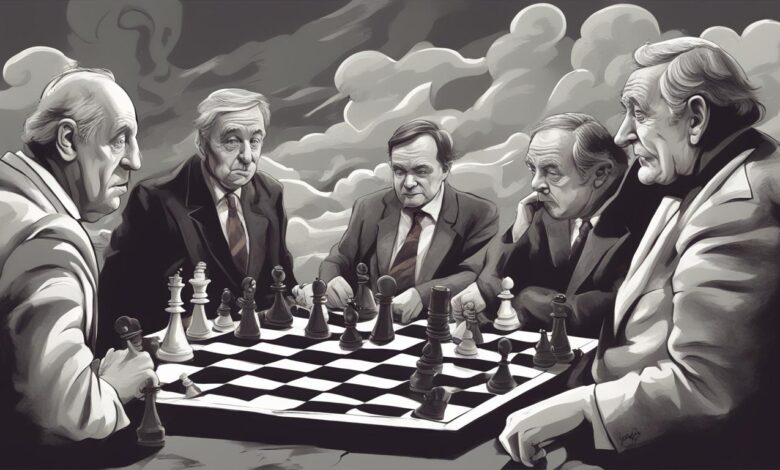UK local elections set to test public sentiment ahead of general election

As the UK gears up for crucial local elections on May 2, 2024, political parties face significant challenges that could foreshadow the outcomes of the impending general election. Major battles in key regions stand to influence the nation’s political trajectory.
In the upcoming local elections scheduled for May 2, 2024, political tensions in the UK are rising as significant electoral challenges loom for both the Conservative and Labour parties across various regions, including key battles in London, West Midlands, and Tees Valley, among others. In London, despite leading the polls, Mayor Sadiq Khan anticipates potential hurdles. Meanwhile, in the West Midlands, the focus is on Conservative Mayor Andy Street, who is notably distancing himself from the party’s broader brand in his campaign. Labour’s Richard Parker poses a formidable challenge to Street. Tees Valley is witnessing a close race between incumbent Tory Mayor Ben Houchen and Labour’s Chris McEwan.
These elections serve as crucial indicators of public sentiment just months before the general election, with outcomes potentially destabilizing Prime Minister Rishi Sunak’s leadership. Current opinion polls show Labour holding a significant lead over the Conservatives, predicting a drastic loss for the Conservatives in the next parliamentary election, potentially reducing their seats to under 100. This has sparked concerns within the Conservative Party of a severe defeat, likened by some as an “extinction-level event,” drawing parallels to the collapse of Canada’s Progressive Conservatives in 1993.
Defence Secretary Grant Shapps has publicly supported Sunak, urging fellow Conservative MPs to allow the Prime Minister to concentrate on his responsibilities amid speculations of a premature election call. Shapps praised Sunak’s handling of national challenges and dismissed immediate election predictions. However, the political climate remains fraught with speculation about the timings of a general election, with possibilities ranging from July to late autumn being considered.
As the local elections approach, the outcomes will likely impact the strategic decisions leading up to the general election, shaping the political landscape in Britain. The performances of key candidates and party strategies during this period will provide essential insights into the electorate’s mood and the potential future trajectory of the major political parties in the UK.








